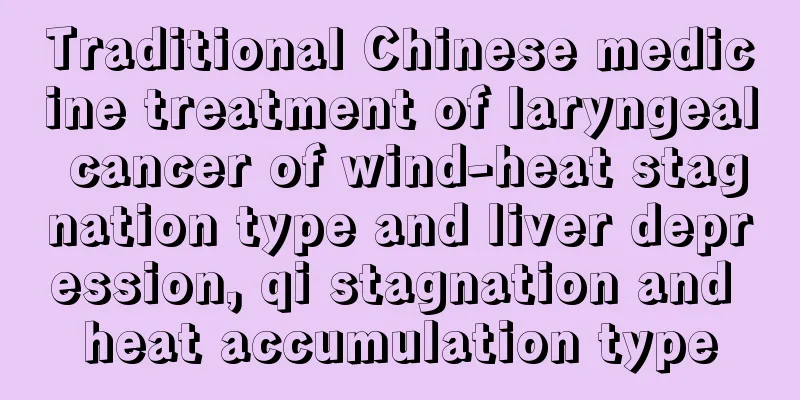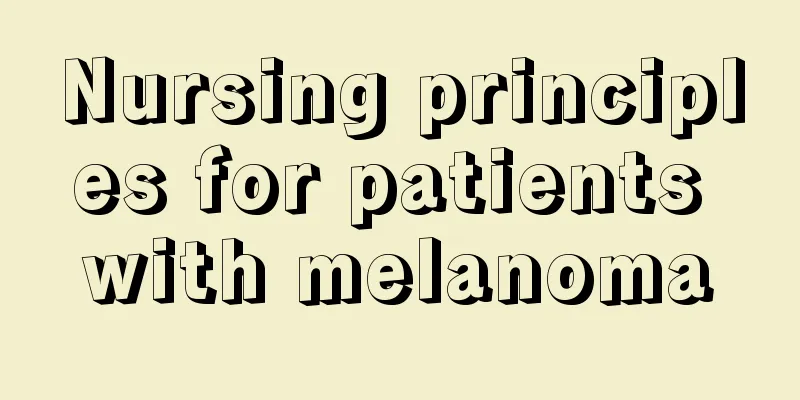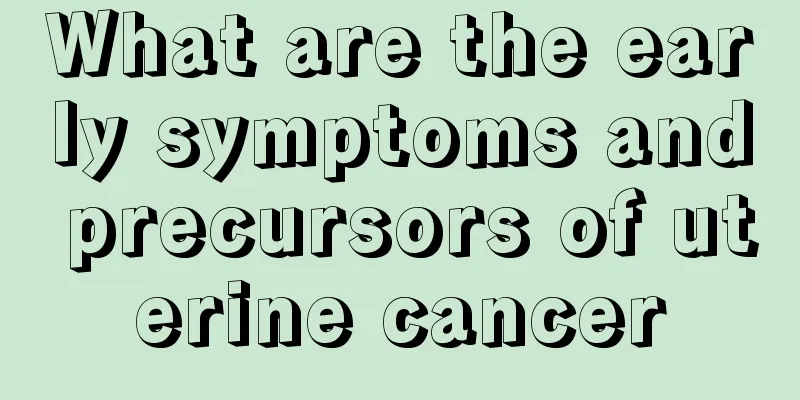Diet care for patients with nasopharyngeal carcinoma

|
There are many side effects for nasopharyngeal carcinoma patients after radiotherapy, such as mucosal damage, bone marrow suppression, leukopenia, etc. Side effects related to malnutrition include: head and neck radiotherapy damages taste cells, causing taste reduction or disappearance, and loss of appetite; it is very important to do a good job of postoperative dietary care. The following is a discussion of dietary care for nasopharyngeal carcinoma patients , hoping to help everyone. Diet care for patients during and after radiotherapy is very important. Generally, patients should be given liquid or semi-liquid food, and the amount and frequency should be adjusted according to the patient's condition. Do not force them. For patients with poor diet, intravenous high nutrition can be given to supplement the severe consumption in the body. What foods should I eat during radiotherapy? After receiving radiotherapy, patients often experience dry lips, red tongue with less coating, reduced sense of smell, poor appetite and other symptoms of body fluid depletion. At this time, the patient's diet should be highly nutritious, easy to digest and balanced, eat more vegetables and fruits, eat less or no salted fish, pickles, bacon, cured meat and other foods containing nitrosamines, avoid spicy and irritating foods, and avoid excessive drinking. Especially during the radiotherapy and chemotherapy of nasopharyngeal carcinoma, patients often experience dry mouth and throat, loss of appetite, nausea and vomiting. Traditional Chinese medicine believes that this is due to deficiency of qi and yin, and intense heat and toxicity. Spicy and irritating products should be avoided. The diet should be light, and foods that are easy to digest, nutritious and delicious should be selected. These are all things that patients with nasopharyngeal carcinoma should pay attention to in their dietary care. The medicines and foods that can be used for diet therapy include: monk fruit, lily, loquat, American ginseng, yam, lotus seeds, lotus leaves, water chestnut leaves, pear juice, radish juice, mung bean soup, winter melon soup, reed root soup, watermelon, pumpkin, loofah, jellyfish, loquat, kelp, water chestnut, etc. Eat more fish, meat, milk, honey, fresh vegetables, fruits, etc. The above is an introduction to the dietary care for nasopharyngeal carcinoma patients. Good daily care is of great help to the recovery of the disease. If you want to know more about nasopharyngeal carcinoma, please consult online experts. For more information, please visit the nasopharyngeal carcinoma disease topic at http://www..com.cn/zhongliu/bya/ or consult an expert for free. The expert will then give a detailed answer based on the patient's specific situation. |
<<: What are the early clinical manifestations of nasopharyngeal carcinoma?
>>: Four early manifestations of skin cancer
Recommend
Intestinal cancer usually causes pain in three places
Bowel cancer refers to malignant tumors that occu...
How much do you know about the early symptoms of tracheitis?
Tracheitis can be acute or chronic, especially ch...
Can sweet potatoes be eaten after they sprout? These manifestations show that
cannot be used In winter, many people buy vegetab...
How should we check for early breast cancer?
How should we check for early breast cancer? I be...
How to fix peeling on face after applying makeup
Makeup is a very popular method of changing your ...
What are the common manifestations of lung cancer
It is not difficult to find that the incidence of...
A brief introduction to common early symptoms of liver cancer
As a killer that has long endangered human health...
What are the massage points of the foot reflexology zone
Hands and feet are the most important coordinatin...
Is nasopharyngeal cancer contagious? What should I do?
For the treatment of nasopharyngeal cancer, measu...
How to lose weight on your legs at home
Losing weight and slimming down legs is something...
Does sea water have bacteria?
Of course there are bacteria in seawater. Bacteri...
What's wrong with the weakness in the limbs?
In fact, the phenomenon of weakness in the limbs ...
The harm of fluoride to teeth
When you go to the supermarket to buy toothpaste,...
Are antiperspirant stones harmful to the body?
Antiperspirant stones have become quite popular i...
How to clean cosmetic cotton
Cosmetic cotton pads have many uses, the biggest ...









